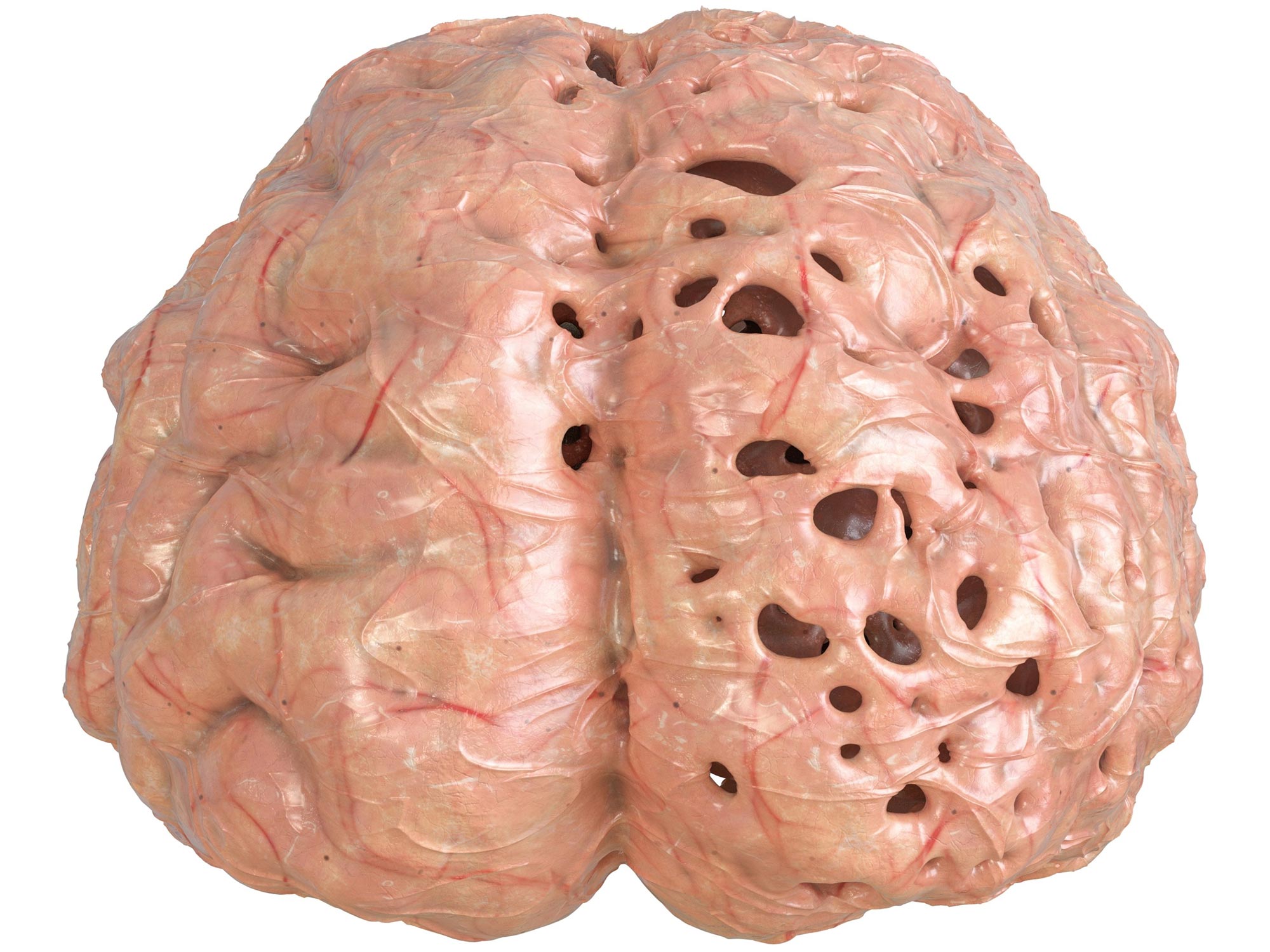Jarhyn
Wizard
- Joined
- Mar 29, 2010
- Messages
- 17,325
- Gender
- Androgyne; they/them
- Basic Beliefs
- Natural Philosophy, Game Theoretic Ethicist
“High Soluble Amyloid-ß42 Predicts Normal Cognition in Amyloid-Positive Individuals with Alzheimer’s Disease-Causing Mutations” by Andrea Sturchio, Alok K. Dwivedi, Tarja Malm, Matthew J.A. Wood, Roberto Cilia, Jennifer S. Sharma, Emily J. Hill, Lon S. Schneider,Neill R. Graff-Radford, Hiroshi Mori, Georg Nübling, Samir El Andaloussi, Per Svenningsson, Kariem Ezzat, Alberto J. Espay and the Dominantly Inherited Alzheimer Consortia (DIAN), 16 September 2022, Journal of Alzheimer’s Disease.
DOI: 10.3233/JAD-220808
According to an article my husband linked me, new research has pointed to a particular culprit in age related dementias: that the plaque is just the artifact of events that decrease soluble forms of protein, and that it is the lack of the protein, not the presence of the plaque, that is toxic.
The article:

DOI: 10.3233/JAD-220808
According to an article my husband linked me, new research has pointed to a particular culprit in age related dementias: that the plaque is just the artifact of events that decrease soluble forms of protein, and that it is the lack of the protein, not the presence of the plaque, that is toxic.
The article:

Shocking Study Finds Decreased Proteins – Not Amyloid Plaques – Cause Alzheimer’s Disease
New research on patients with mutations published in the Journal of Alzheimer’s Disease. Contrary to a prevailing theory that has been recently called into question, new research from the University of Cincinnati (UC) bolsters a hypothesis that Alzheimer’s disease is caused by a decline in levels o
scitechdaily.com
